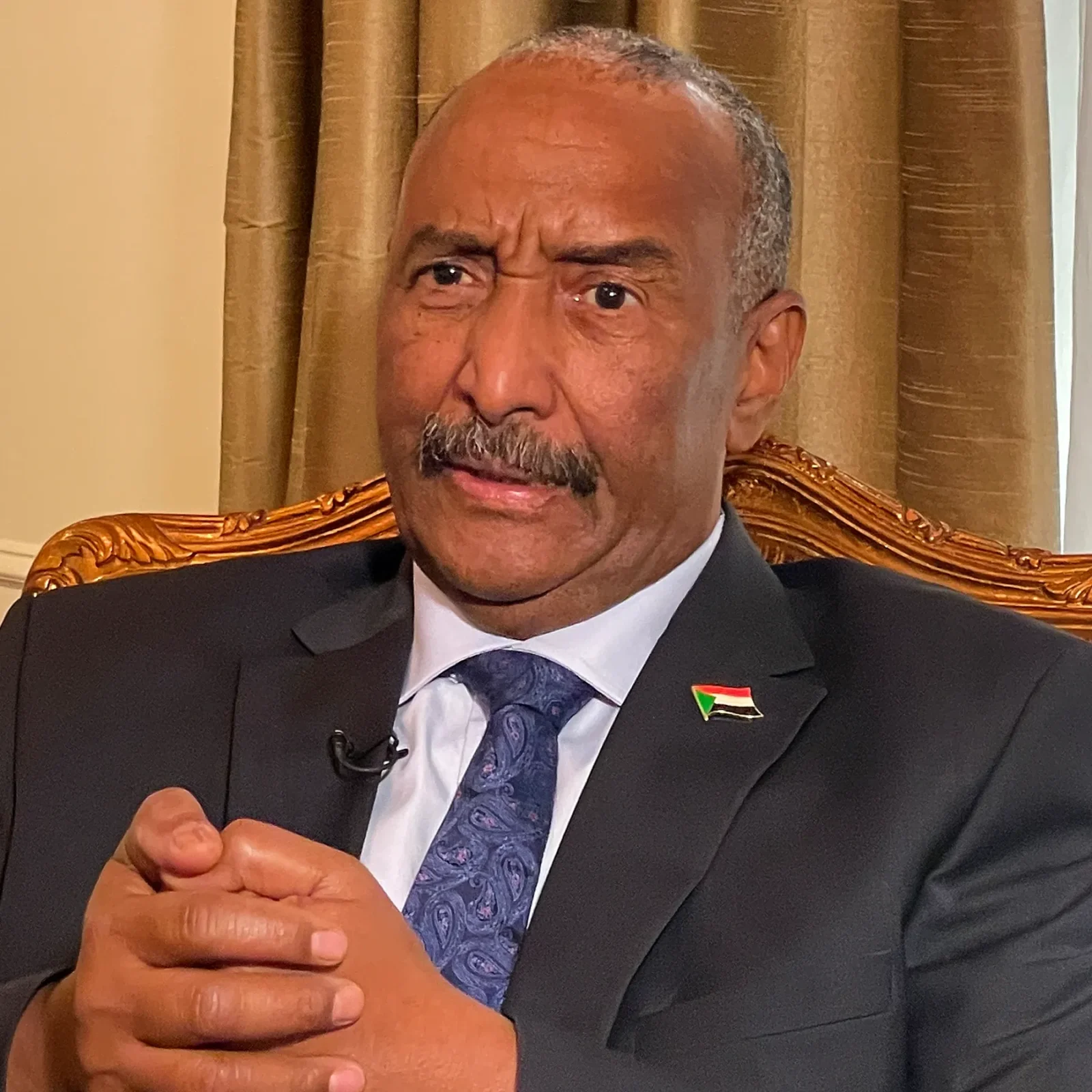Sudan’s civil war took another tense turn on Thursday, 14 August, as the country’s army chief, General Abdel Fattah al-Burhan, made a defiant declaration that there will be no reconciliation or compromise with the paramilitary Rapid Support Forces (RSF). Speaking during celebrations marking the centenary of Sudan’s armed forces, Burhan described the ongoing conflict as a “battle for dignity” aimed at defeating what he called a rebellion a fight he insisted would continue “whatever the cost.”
The statement came just days after Burhan held a closed-door meeting in Switzerland with U.S. Africa envoy Massad Boulos, who was exploring a new peace proposal. Despite ongoing diplomatic engagement, including U.S. and Saudi-led mediation efforts, no ceasefire has been reached, and negotiations have failed to yield progress toward peace.
The international community has also been ramping up pressure. On Wednesday, 13 August, the United Nations Security Council condemned the RSF’s attempt to set up a parallel administration in western Sudan, calling it a “direct threat to Sudan’s unity and territorial integrity.” The European Union, along with key partners such as the United Kingdom, Canada, and Japan, has urged both the Sudanese government and the RSF to grant unrestricted humanitarian access and ensure the protection of civilians trapped in the conflict zones.
Now in its third year, the war between Sudan’s regular army and the RSF has spiraled into one of the world’s worst humanitarian crises. Over 150,000 people have been killed, and at least 12 million have been displaced, forcing families into overcrowded camps or across borders into fragile neighboring states. The ongoing fighting has triggered mass hunger, outbreaks of disease, and the collapse of vital infrastructure. Human rights organizations, including UNICEF and Human Rights Watch, have accused both sides of committing war crimes, obstructing humanitarian aid, and engaging in abuses against civilians.
The United Nations and regional actors continue to call for urgent ceasefire talks, humanitarian corridors, and a political solution to end the bloodshed. However, with Burhan’s latest vow to reject compromise, the path to peace in Sudan appears more uncertain than ever, deepening fears of prolonged instability and human suffering in the war-torn nation.













Leave a comment